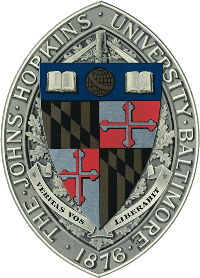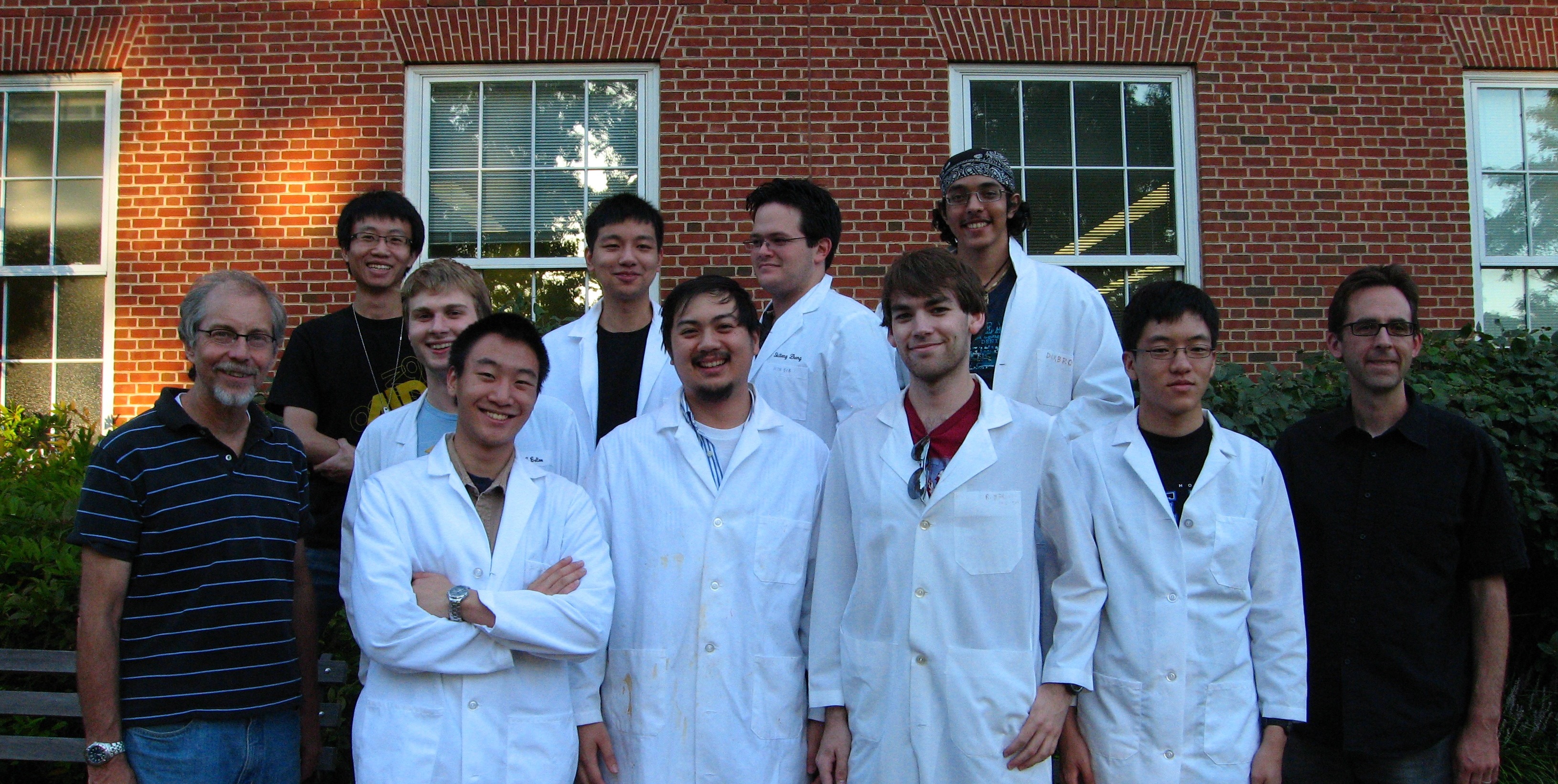Team:Johns Hopkins
From 2010.igem.org
Arjunkhakhar (Talk | contribs) |
Arjunkhakhar (Talk | contribs) |
||
| Line 47: | Line 47: | ||
| | | | ||
[[Image:Johns Hopkins logo.png|left|frame|Johns Hopkins University]] | [[Image:Johns Hopkins logo.png|left|frame|Johns Hopkins University]] | ||
| - | <big>'''Genetically engineered Saccharomyces cerevisiae that is responsive to voltage signals at a transcriptional level. We have hijacked the calcium shock, calcineurin-CRZ1, pathway in yeast and encoded a reporter. In doing so we have characterized the voltage dependency of the CRZ1 binding site (CDRE) and so taken the first step in creating a interface between cellular systems and computers.''' | + | <big>'''Genetically engineered Saccharomyces cerevisiae that is responsive to voltage signals at a transcriptional level. </big><br> We have hijacked the calcium shock, calcineurin-CRZ1, pathway in yeast and encoded a reporter. In doing so we have characterized the voltage dependency of the CRZ1 binding site (CDRE) and so taken the first step in creating a interface between cellular systems and computers by allowing cells to respond to the language of computers, voltage signals.'''<br> |
<big>'''Our Team...'''</big>We are a team of 9 undergraduate students deeply interested in synthetic biology. We hail from a variety of disciplines including, chemistry, biology and engineering. We’re a fresh new team with varying levels of experience united by our passion for science.<br> | <big>'''Our Team...'''</big>We are a team of 9 undergraduate students deeply interested in synthetic biology. We hail from a variety of disciplines including, chemistry, biology and engineering. We’re a fresh new team with varying levels of experience united by our passion for science.<br> | ||
|} | |} | ||
Revision as of 02:57, 23 October 2010
|
Genetically engineered Saccharomyces cerevisiae that is responsive to voltage signals at a transcriptional level. |
|
Our Sponsors
|
Our Accomplishments
|
 "
"


